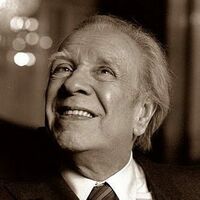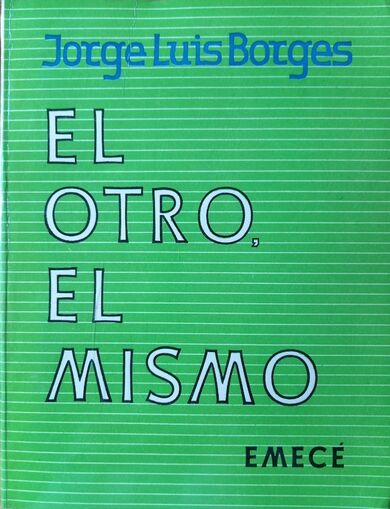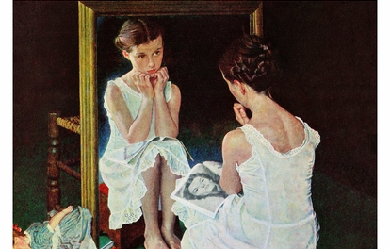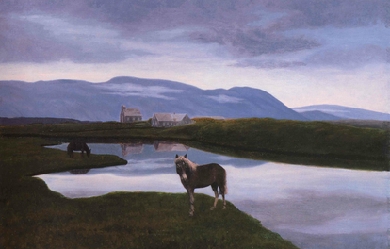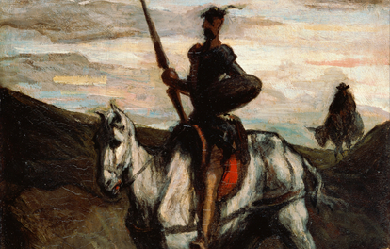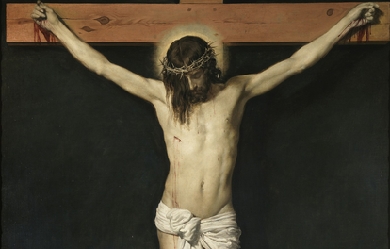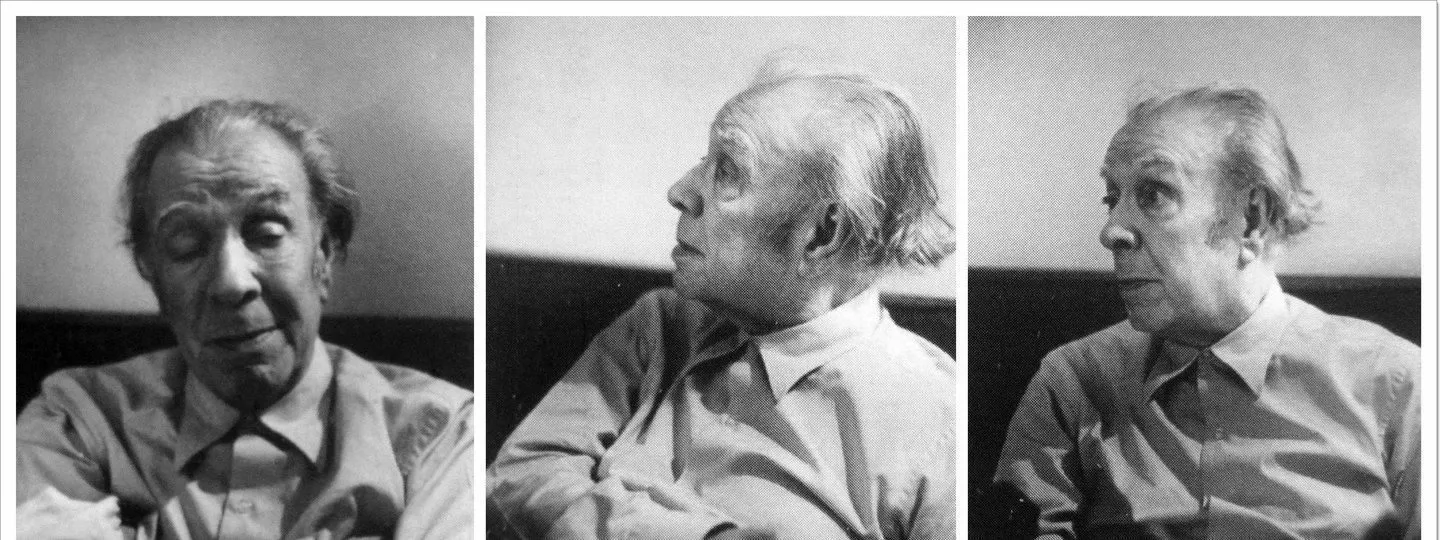
Borges and I
The other one, the one called Borges, is the one things happen to. I walk through the streets of Buenos Aires and stop for a moment, perhaps mechanically now, to look at the arch of an entrance hall and the grillwork on the gate. I know of Borges from the mail and see his name on a list of professors or in a biographical dictionary. I like hourglasses, maps, eighteenth-century typography, the taste of coffee and the prose of Stevenson; he shares these preferences, but in a vain way that turns them into the attributes of an actor. It would be an exaggeration to say that ours is a hostile relationship; I live, let myself go on living, so that Borges may contrive his literature, and this literature justifies me. It is no effort for me to confess that he has achieved some valid pages, but those pages cannot save me, perhaps because what is good belongs to no one, not even to him, but rather to the language and to tradition. Besides, I am destined to perish, definitively, and only some instant of myself can survive in him. Little by little, I am giving over everything to him, though I am quite aware of his perverse custom of falsifying and magnifying things. Spinoza knew that all things long to persist in their being; the stone eternally wants to be a stone and the tiger a tiger. I shall remain in Borges, not in myself (if it is true that I am someone), but I recognize myself less in his books than in many others or in the laborious strumming of a guitar. Years ago I tried to free myself from him and went from the mythologies of the suburbs to the games with time and infinity, but those games belong to Borges now and I shall have to imagine other things. Thus my life is a flight and I lose everything and everything belongs to oblivion, or to him.
I do not know which of us has written this page.
It's to the other man, to Borges, that things happen. I walk along the streets of Buenos Aires, stopping now and then-perhaps out of habit-to look at the arch of an old entranceway or a grillwork gate; of Borges I get news through the mail and glimpse his name among a committee of professors or in a dictionary of biography. I have a taste for hourglasses, maps, eighteenth-century typography, the roots of words, the smell of coffee, and Stevenson's prose; the other man shares these likes, but in a showy way that turns them into stagy mannerisms. It would be an exaggeration to say that we are on bad terms; I live, I let myself live, so that Borges can weave his tales and poems, and those tales and poems are my justification. It is not hard for me to admit that he has managed to write a few worthwhile pages, but these pages cannot save me, perhaps because what is good no longer belongs to anyone-not even the other man-but rather to speech or tradition. In any case, I am fated to become lost once and for all, and only some moment of myself will survive in the other man. Little by little, I have been surrendering everything to him, even though I have evidence of his stubborn habit of falsifications and exaggerating. Spinoza held that all things try to keep on being themselves; a stone wants to be a stone and the tiger, a tiger. I shall remain Borges, not in myself (if it is so that I am someone), but I recognize myself less in his books than in those of others or than in the laborious tuning of a guitar. Years ago, I tried ridding myself of him and I went from myths of the outlying slums of the city to games with time and infinity, but those games are now part of Borges and I will have to turn to other things. And so, my life is a running away, and I lose everything and everything is left to oblivion or to the other man.
Which of us is writing this page I don't know.
Things happen to him, the other one, to Borges. I stroll about Buenos Aires and stop, almost mechanically now perhaps, to look at the arch of an entranceway and the ironwork gate; news of Borges reaches me in the mail and I see his name on an academic ballot or in a biographical dictionary. I like hourglasses, maps, eighteenth-century typography, etymologies, the taste of coffee, and Robert Louis Stevenson's prose; he shares these preferences, but with a vanity that turns them into the attributes of an actor. It would be an exaggeration to say that our relationship is a hostile one; I live, I go on living, so that Borges may contrive his literature; and that literature justifies me. I do not find it hard to admit that he has achieved some valid pages, but these pages can not save me, perhaps because what is good no longer belongs to anyone, not even to him, the other one, but to the language or to tradition. In any case, I am destined to perish, definitively, and only some instant of me may live on in him. Little by little, I yield him ground, the whole terrain, though I am quite aware of his perverse habit of magnifying and falsifying. Spinoza realized that all things strive to persist in their own nature: the stone eternally wishes to be stone and the tiger a tiger. I shall subsist in Borges, not in myself (assuming I am someone), and yet I recognize myself less in his books than in many another, or than in the intricate flourishes played on a guitar. Years ago I tried to free myself from him, and I went from mythologies of the city suburbs to games with time and infinity, but now those games belong to Borges and I will have to think up something else. Thus is my life a flight, and I lose everything, and everything belongs to oblivion, or to him.
I don't know one of the two of us is writing this page.


